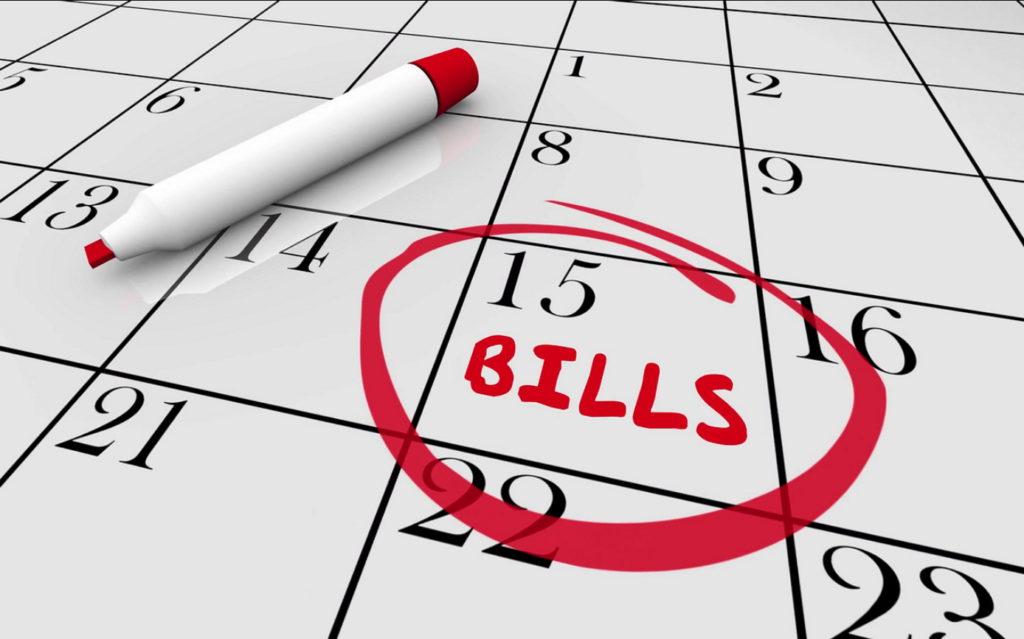Millennials, those born between the years 1981 and 1996, are often referred to as the most indebted generation in history. From student loans to credit card debt, it’s no wonder why so many millennials struggle with building and maintaining good credit.
However, with the right knowledge and habits, it’s possible for millennials to repair their credit and improve their financial standing.
Understand Your Credit Score
The first step is understanding what goes into your credit score. This score is a number between 300 and 850 that represents your creditworthiness to lenders.
The higher your score, the more likely you are to be approved for loans and credit cards with favorable terms. Your score is determined by factors such as your payment history, the amount of debt you owe, the length of your history, and the types of credit you have.
Pay Your Bills on Time

One of the most important factors that go into your score is your payment history. Late payments, missed payments, and defaults can all have a negative impact on your score. To build and maintain good credit, it’s essential to pay your bills on time every month.
One way to make sure that you don’t miss a payment is to set up automatic payments. Many banks and companies allow you to set up automatic payments for your bills.
This means that the payment will be automatically deducted from your bank account or credit card on the due date. This can be a convenient way to ensure that you never miss a payment.
Another way to avoid late payments is to set up reminders. You can set reminders on your phone or computer to remind you when a bill is due. You can also sign up for email or text reminders from your billers. This can be helpful if you don’t want to set up automatic payments but still want to make sure that you don’t forget to pay your bills.
If you do miss a payment, it’s important to try to make it up as soon as possible. The longer you wait to make a payment, the more damage it can do to your score.
If you’re struggling to make a payment, it’s important to reach out to your biller and see if they can offer any assistance. Some billers offer payment plans or other options for customers who are struggling to make payments.
Keep Your Credit Utilization Low

Another factor is your credit utilization ratio. This is the amount of credit you’re using compared to the amount you have available.
To build and maintain good credit, it’s important to keep your utilization low. Ideally, you should aim to use no more than 30% of your available credit at any given time.
Monitor Your Credit Report
Your report contains information about your history, including your payment history, utilization, and accounts. It’s important to monitor your report regularly to ensure there are no errors or fraudulent accounts that could be damaging your credit.
You’re entitled to one free credit report from each of the three major bureaus every year, so take advantage of this and check your report annually.
Be Mindful of Your Debt
While having some debt can actually be beneficial for your score, too much debt can be a red flag for lenders. Make a plan to pay off your debt, starting with high-interest debt first. And if you’re struggling with debt, consider reaching out to a credit counseling service or debt relief program for assistance.
Getting Professional Help

Sometimes, despite your best efforts, your score may still need some help. That’s where credit repair Idaho professionals can come in. These companies specialize in helping people repair their credit and improve their score.
They can help you dispute errors on your report, negotiate with creditors, and develop a plan to improve your credit over time. While there are some scams out there, there are also many reputable companies that can help you achieve your financial goals.
This is not an overnight process, and it takes time and effort to repair and rebuild your credit. However, the benefits of having good credit are significant. A good score can open up opportunities such as low-interest rates on loans and credit cards, better insurance rates, and even better job opportunities.
It’s important to note that building good credit is not only about avoiding negative factors. It also means actively working to improve it by taking steps such as opening new accounts and using them responsibly. Responsible usage includes making payments on time and keeping your utilization low.

Another way to build good credit is to become an authorized user on someone else’s credit card. This means that you are allowed to use someone else’s card account, and the account activity is reported to the bureaus in your name.
However, it’s important to only become an authorized user on someone else’s card if they have good credit habits themselves. Otherwise, their negative habits could negatively impact your score.
When it comes to credit repair, it’s important to avoid scams and fraudulent companies that promise quick fixes. Many of these companies charge exorbitant fees for services that can be done on your own. Instead, look for reputable services or companies that can offer guidance and support in improving your credit score.
In addition to it, it’s also important to focus on maintaining good habits once you’ve achieved a good score. This includes regularly checking your report for errors or fraudulent activity and making sure to pay your bills on time every month.
By consistently practicing good habits, you can continue to build and maintain good credit for years to come.
Conclusion

Building and maintaining good credit is essential for financial stability and success. As a millennial, it’s important to understand what goes into your score and develop good habits, such as paying your bills on time and keeping your credit utilization low.
By monitoring your report and being mindful of your debt, you can take control of your finances and achieve your financial goals. And if you need extra help, don’t hesitate to reach out to professionals for assistance.



